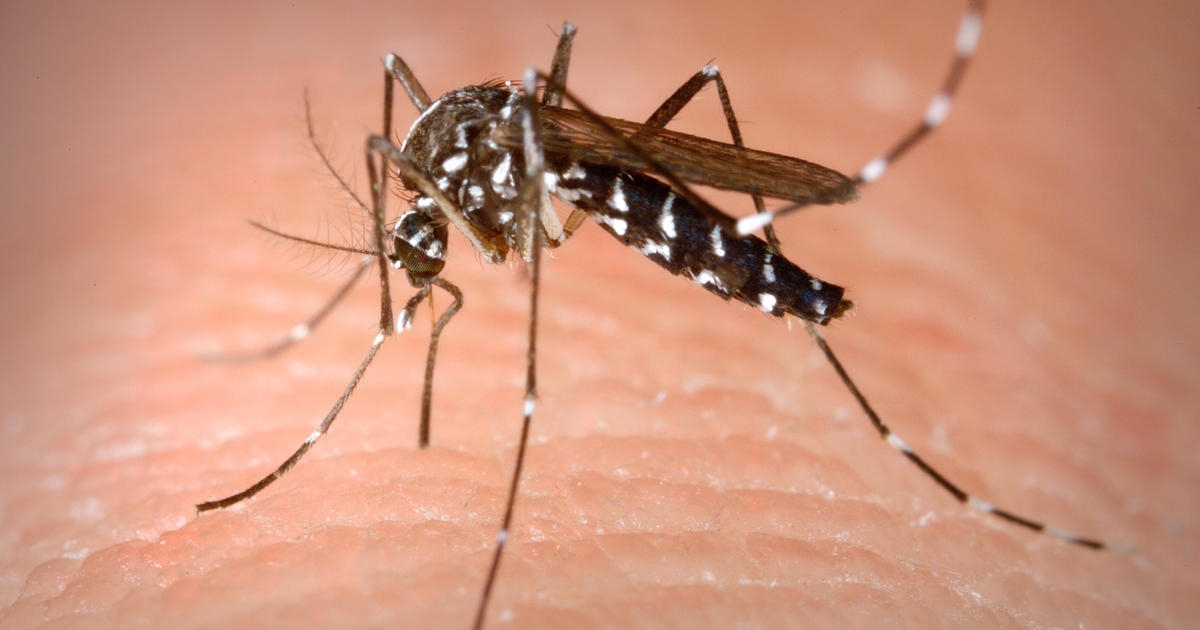U.S. Life Expectancy In 2020 Sees Biggest Drop Since WWII
MIAMI (CBSMiami) - The National Center for Health Statistics reports that life expectancy in the U.S. declined by a year and a half in 2020, from 78.8 years in 2019 to 77.3 years in 2020, the largest one-year drop since World War II.
"It is unexpected to see such a decline from one year to the next. Something has to happen for us to see something like that," says NCHS' Dr. Elizabeth Arias.
That something was the coronavirus pandemic.
COVID deaths contributed to nearly three-fourths of the decline, impacting families like the Khans in Jersey City, New Jersey.
Sabila Khan lost her 76-year-old father to COVID-19 last year. She believes he'd still be around if not for the virus.
"He was robbed of years of his life. We were robbed of him," Khan said.
The pandemic affected life expectancy for some ethnic groups more than others.
According to the NCHS, between 2019 and 2020, life expectancy decreased by three years for the Hispanic population (81.8 to 78.8 years), by 2.9 years for the non-Hispanic Black population (74.7 to 71.8 years), and by 1.2 years for the non-Hispanic White population (78.8 to 77.6 years).
"It highlighted disparities that were already there," Dr. Arias says.
Men also lost any ground they had been gaining on women's longevity. Experts don't anticipate a rebound in life expectancy this year.
"We will very likely not see the level that we had in 2019 because already, so far, we have had an excess of over 200,000 deaths during 2021," Dr. Arias says.
Deaths from accidents and unintentional injuries, including drug overdoses, also contributed to the decline in life expectancy along with homicide, diabetes, and chronic liver disease.



